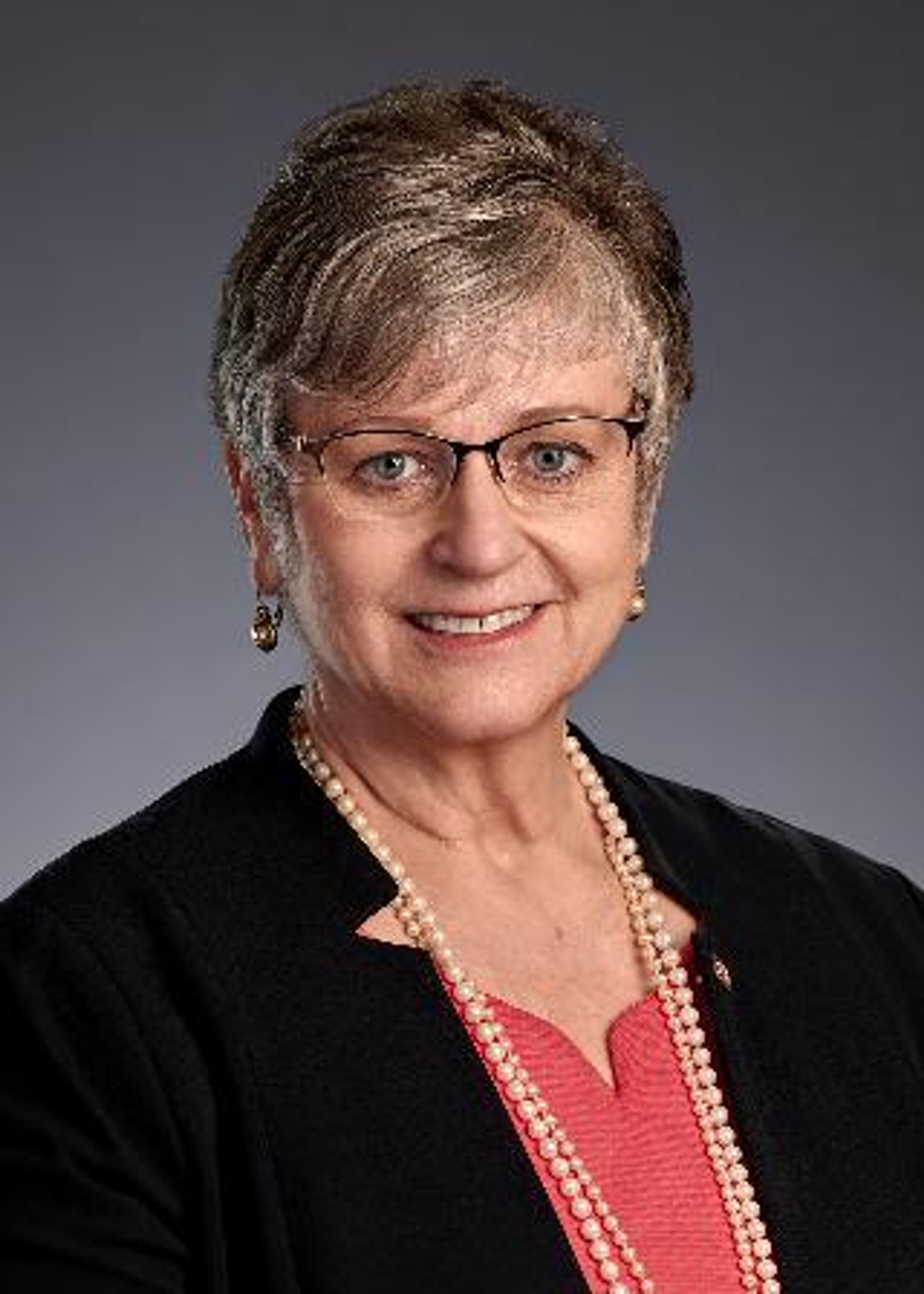Idaho lawmakers raise $5k in gift drive
Funds to go to youths aging out of foster care
BOISE — Teens and early adults who age out of foster care aren’t exactly helped by traditional toy drive items as they begin to try to build their lives as independent adults.
On Friday afternoon, a couple of Idaho lawmakers and Idaho Department of Health and Welfare staff unloaded a van full of toasters, kitchen utensils, kitchen knives, air fryers, blankets and more items that a young person might want if they were venturing out to live on their own.
The drive was the first of what’s anticipated to be an annual effort to help Idaho’s young people who are transitioning out of the state child welfare system, which can happen at age 18 or, if kids opt into extended foster care, at age 21.
The effort was led by Luisa Uribe-Holtzclaw, who is married to Rep. James Holtzclaw, R-Meridian.
Uribe-Holtzclaw said she and her husband have considered fostering as they’ve been trying to grow their family. This put her in contact with Idaho Department of Health and Welfare Director Alex Adams, who then directed Uribe-Holtzclaw to the extended foster care program.
“Imagine that — when you’re 18, right? You’re still a kid, and now you have to face the world,” Uribe-Holtzclaw said Friday. “You don’t have a family behind you, and you might feel that there’s not even a community behind you. So we wanted to give them a little bit of hope, show them that there is a community that cares.”
She and her husband worked with Rep. Jaron Crane, R-Nampa, who recently became the House Republican caucus chairperson.
Crane said he emailed the majority caucus members letting them know about the effort and that he had made the first donation.
“From then, it just took off momentum-wise,” Crane said. “We had, all over the state, legislators contacting us wanting to make donations and support.”
The effort raised $5,000 from legislators and others, and generated about three gifts for every young person.
There are around 50 to 60 young people a year who either age out of the system or enter extended foster care, which is available up to age 21 to eligible youth, Health Deputy Director of Child, Youth, and Family Services Monty Prow said.
Congress created the extended foster care program in 2008, but Idaho did not opt into it until 2021. An Annie E. Casey Foundation report released in 2023 found that many programs to help kids transition out the system were underutilized in Idaho, including extended foster care, the Idaho Press previously reported.
The report found that in 2021, 40% of Idaho’s foster youth aged out of the system when they turned 18 without permanent legal connections to family or caregivers, and that those who exit the system without those connections are more exposed to risks such as homelessness and economic instability.
Advocates told the Idaho Press at the time that a major barrier to accessing the transition services available was a lack of awareness of their existence.
Prow said Friday that part of Adams’ initiatives as the new health agency director and his focus on improving foster care has been boosting this awareness. Starting in January, all foster families will receive a binder of resources and encouragement to start talking to their foster kids about what’s available, Prow said.
“We don’t wait to wait until 17.9 (years old) to have those conversations, you want to have those conversations at 16 and a half, 17,” Prow said. “That’s a very tangible thing we’ve done to make sure that there’s that level of commitment from the state, through the foster families, to the kids.”
Adams said the department did its own internal toy drive for the younger kids in foster care, but the focus of this one was really for more practical items for young people striking out on their own for the first time.
Young people who are aging out, even if they don’t opt into extended foster care, can still access services meant to support them living independently, Prow said, including support with transportation, housing, career and technical education, and sometimes connections with jobs.
“What we’re really trying to do is make that runway as nice and long and slow as you can,” Prow said. “That’s what those independent living services can do, is really allow a kid to gently roll into adulthood.”
Guido covers Idaho politics for the Lewiston Tribune, Moscow-Pullman Daily News and Idaho Press of Nampa. She may be contacted at lguido@idahopress.com and can be found on Twitter @EyeOnBoiseGuido.










